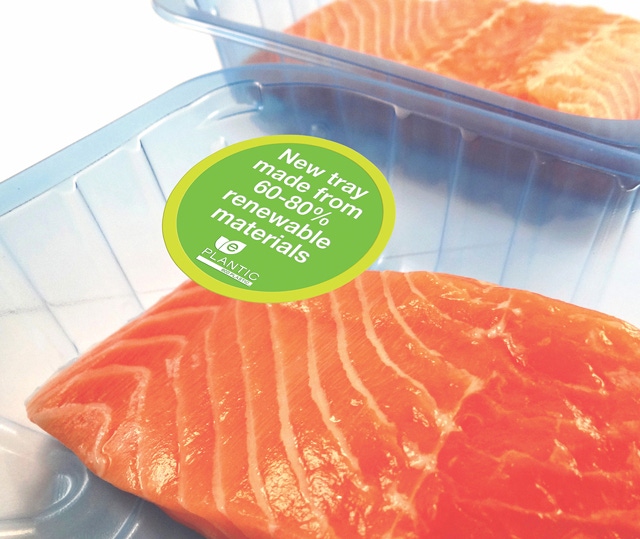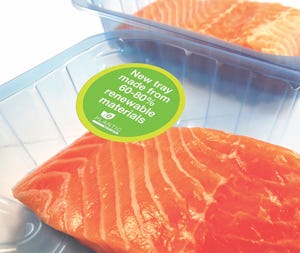Japan-based chemical company Kuraray (Chiyoda, Tokyo) has announced that it has successfully completed the acquisition of Plantic Technologies Ltd. (Altona), the Australian manufacturer of biobased barrier films. The acquisition follows the deal concluded with Plantic in September 2014, through which Kuraray became the exclusive distributor of Plantic in the Japanese and South Korean markets. The company has been promoting the biomass-based barrier material Plantic film in Japan since that time.
April 10, 2015

Japan-based chemical company Kuraray (Chiyoda, Tokyo) has announced that it has successfully completed the acquisition of Plantic Technologies Ltd. (Altona), the Australian manufacturer of biobased barrier films. The acquisition follows the deal concluded with Plantic in September 2014, through which Kuraray became the exclusive distributor of Plantic in the Japanese and South Korean markets. The company has been promoting the biomass-based barrier material Plantic film in Japan since that time.
 Kuraray was the first to commercialize the high-performance barrier resin, EVAL (ethylene vinyl alcohol copolymer), which it launched in 1972. The company later developed and launched its Kurarister transparent barrier film for retort applications. With the acquisition of Plantic, Kuraray can now also expand into biobased barrier materials, allowing the company to meet increasing global demand for biobased food packaging materials. Moreover, there are significant synergies between Kuraray's existing barrier business and Plantic's biobased barrier technology, which will drive new applications.
Kuraray was the first to commercialize the high-performance barrier resin, EVAL (ethylene vinyl alcohol copolymer), which it launched in 1972. The company later developed and launched its Kurarister transparent barrier film for retort applications. With the acquisition of Plantic, Kuraray can now also expand into biobased barrier materials, allowing the company to meet increasing global demand for biobased food packaging materials. Moreover, there are significant synergies between Kuraray's existing barrier business and Plantic's biobased barrier technology, which will drive new applications.
Plantic's proprietary and patented polymer technology is based on the use of high-amylose starch, a material derived from annual harvesting of specialized non-GM (hybrid) cornstarch. Plantic film offers enhanced oxygen impermeability, making it highly suitable for fresh foods in modified atmosphere packaging (MAP) and vacuum skin pack applications. With its excellent formability and heat sealability, the film can be processed on existing equipment, while its transparency enables visual confirmation of food freshness.
Derived from biomass resources, it helps cut CO2 emissions and is certified as a biobased product by the European authority Vinçotte.
Film incorporating Plantic's biobased barrier technology is already being applied in a broad range of products in the barrier packaging sector. Plantic is supplying major supermarkets and brand owners on three continents (Australia, North America and Europe) in applications such as fresh-case-ready beef, pork, lamb and veal; smoked and processed meats; chicken; and fresh seafood and pasta applications. Kuraray will draw on its global sales network to accelerate the development and expansion of the biobased barrier business in Europe, the United States and Asia.
In the Australian market, Plantic film is well known and is being used by a major supermarket. In the United States, the largest meat consumer country, Plantic has already commenced supply to a number of brand owners and retailers, and Kuraray will further develop this business, including the potential establishment of a production base or an alliance with third parties.
In Japan, where demand for a longer shelf life for fresh meat and other fresh food is increasing, Kuraray's acquisition of Plantic means that it can offer its customers a new, "green" solution that will help combat food loss and waste. These market developments are expected to expand the biobased barrier material business, ultimately leading, according to the company, to revenue of JPY 10 billion globally over the next three years.
About the Author(s)
You May Also Like


